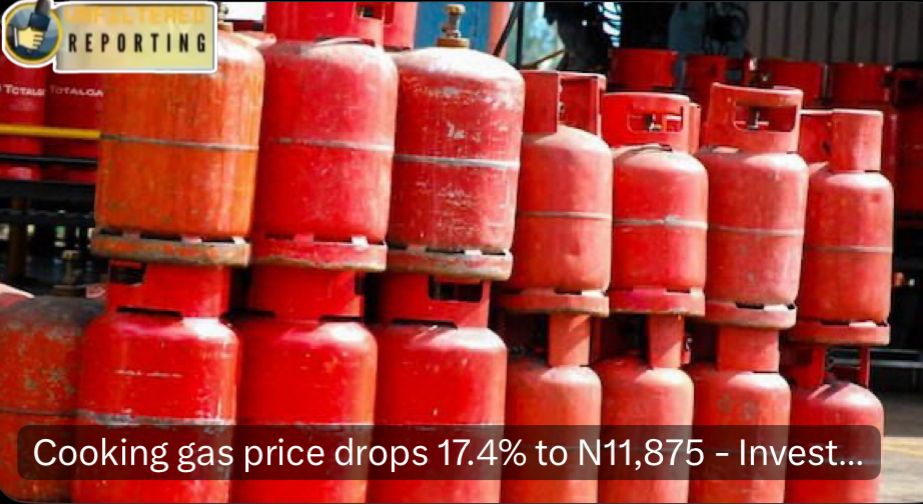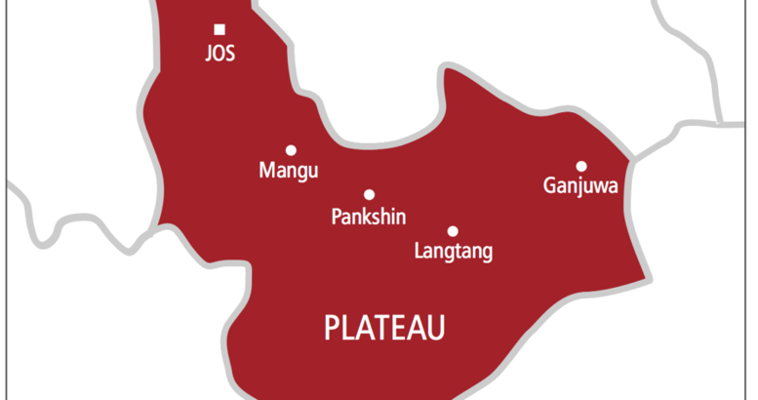Cooking Gas Price Drops 17.4% to N11,875, Investigation Reveals

The cost of Liquefied Petroleum Gas (LPG), popularly known as cooking gas, has declined significantly across Nigeria, offering some relief to households struggling with the high cost of living.
According to recent findings, the average retail price for refilling a 12.5kg cylinder of LPG fell by 17.4 percent in August 2025, dropping to N11,875 from N14,375 recorded in July. On a year-on-year comparison, the price also dropped by 16.7 percent when compared to N14,261.57 in August 2024. Investigations across major cities and towns show that the retail cost of LPG currently varies between N950 and N1,020 per kilogram, depending on the location and the supply chain structure. This variation has made the reduction more noticeable in urban areas with greater market competition, while rural communities continue to experience higher prices due to limited supply and higher transportation costs. Industry experts attribute the decline to increased competition among major suppliers. The Dangote Refinery, along with some large depots, recently slashed their ex-depot prices, a move that triggered a ripple effect across the downstream sector. Independent marketers, pressured by the refinery’s pricing strategy, were forced to reduce their selling rates, thereby lowering the retail cost for consumers. Analysts note that this price adjustment has been a key factor in the significant month-on-month drop. However, operators in the LPG sector caution that the market remains highly volatile. They highlight persistent challenges such as fluctuations in foreign exchange, rising transportation costs, and uneven stocking practices across depots. These factors, they say, continue to shape retail prices and could determine whether the current downward trend is sustainable. Consumer advocacy groups have welcomed the reduction but remain concerned about its uneven impact. Many households, especially in low-income and rural areas, still face affordability challenges despite the reported decline. Civil society organisations stress that while official averages point to a downward trend, actual prices paid at local depots often remain higher, and the benefits do not always trickle down to end-users. They are calling on regulators to step up monitoring of the supply chain to ensure that consumers feel the full impact of price cuts. For many Nigerian households that depend on cooking gas for their daily meals, the drop to N11,875 per 12.5kg cylinder is a welcome development, translating to considerable savings. Yet, with demand expected to rise towards the end of the year, concerns linger over whether the decline will last or if prices will rebound in response to market pressures.









